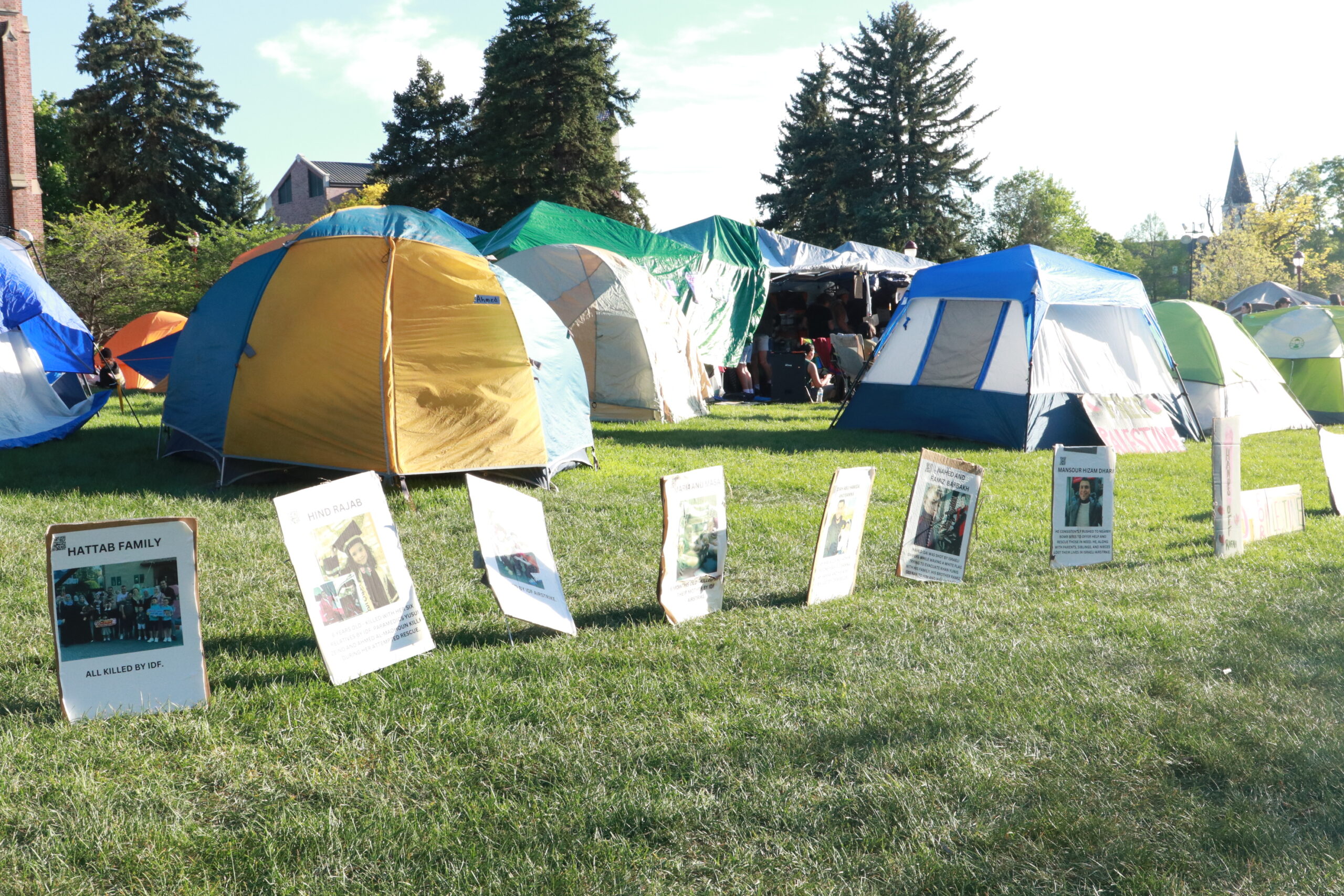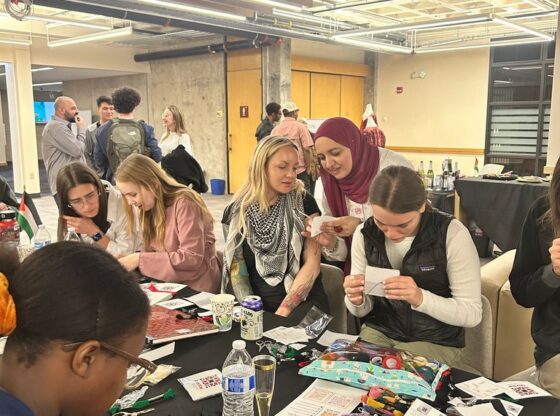One of the most important aspects of the college experience at the University of Denver is the ability to study abroad.
Last fall, about 585 students went abroad with about 60 students choosing to stay longer than one semester. For fall 2008, about 600 students will travel abroad to destinations located around the world.
The Cherrington Global Scholar program enables students to study abroad without any additional costs. Qualified students receive a stipend that includes tuition and technology fees as well as room and board which is secured in advance.
In addition, the university pays for transportation to and from the study abroad site, fees for visas/permits and waves the campus activity and health fees.
According to materials given to applicants, the study abroad program’s aim is to “develop global perspectives and connections by substantially expanding student and faculty experience abroad.”
DU has partnered with more than 80 overseas universities and programs around the world. Students need to be at least a junior to be eligible as well as be in good academic standing with a minimum GPA of 3.0. Students are still encouraged to go abroad if they find a program that does not qualify for the Cherrington program and they have the financial means to attend.
With so many different countries to choose from and a variety of different activities and programs, it can be difficult to choose the right place and the right program.
Last fall, Italy, Spain and Australia were the top destinations for students with the United Kingdom, New Zealand, France, China, the Czech Republic, Ireland and South Africa rounding out the “top 10” list.
Sophomore Kelsey Cooper, plans on attending the University of New South Wales in Sydney, Australia, “because my family has done a lot of traveling in South America and Europe, I wanted to go somewhere that was completely foreign to me and I want to travel the whole globe so I figured Australia was a good place to start. I like that it’s exotic and completely unknown to me.”
The weak exchange rate of the dollar for the euro is making Europe cost more, especially such popular destinations as London and Scotland. Some students are opting to find programs off the beaten path. This allows students to get the most for the funds they have.
According to Carol Fairweather, director of the Study Abroad Program, “the dollar’s weakened strength has affected students going to the United Kingdom because the exchange rate is about 2:1. Everything is double the price of what one would pay in America.”
For this reason, sophomore Leah Swan will spend her junior semester abroad in South America,
“While I wanted to do the whole Europe thing, I decided to study abroad in Argentina because it is cheaper to travel and I can see a lot of different places without spending a fortune. I can even go skiing for cheap,” Swan said. “The exchange rate definitely came up when it came time to decide where to go next year. Unfortunately, that’s becoming a lot more common now among students.”
Still, others remain confident.
“Yes I thought about the exchange rate when I was deciding where I wanted to study,” said Cooper, “but I figure that if we have this amazing once-in-a-lifetime opportunity practically handed to us, money should not be an issue if you find somewhere you really want to go.”
Fairweather also stressed that students can get creative when studying abroad somewhere that is rather expensive.
“Students just need to be aware of what they buy and not go out to eat for every meal. Shop in local food markets and learn how to cook local fare. If you want to dine out, go somewhere that caters to locals and avoid tourist traps and American franchises,” Fairweather said.
While the study abroad application is not as intense or time-consuming as applying for college, programs do have deadlines and most accept applications on a rolling basis so it is recommended that students submit their application sooner rather than later, thus increasing their chances of getting into a program that fits.
The study abroad office is housed at the International House, located on the corner of South Josephine Street and East Warren Avenue. Weekly informational meetings are usually held between 10 a.m. and 3 p.m. Monday through Friday and a list of times can be found on the program’s Web site at www.du.edu/intl/abroad.
Students must first attend a general advising session in order to get basic information on programs they are interested in and then meet with an advisor to get the necessary forms and applications.











